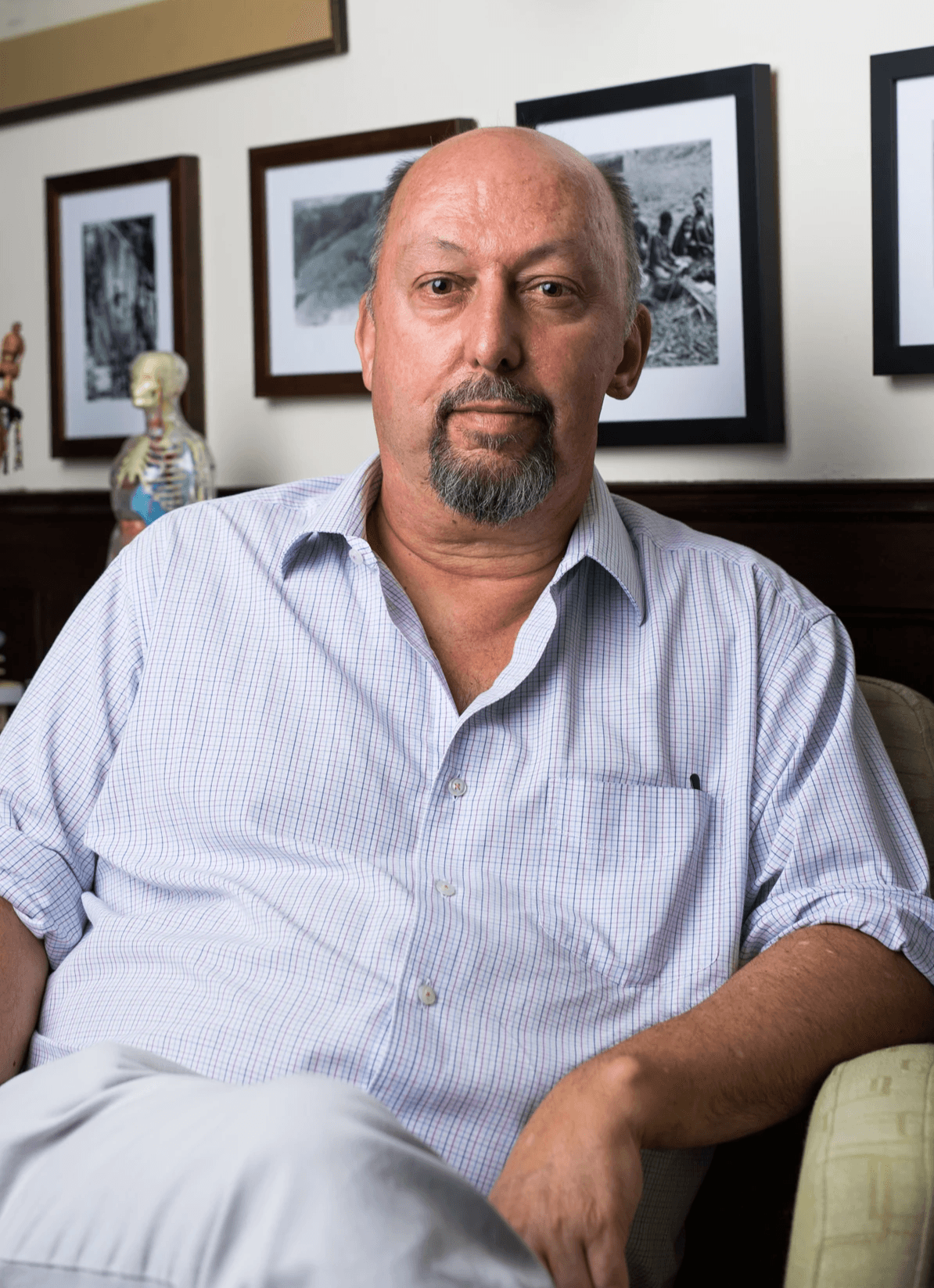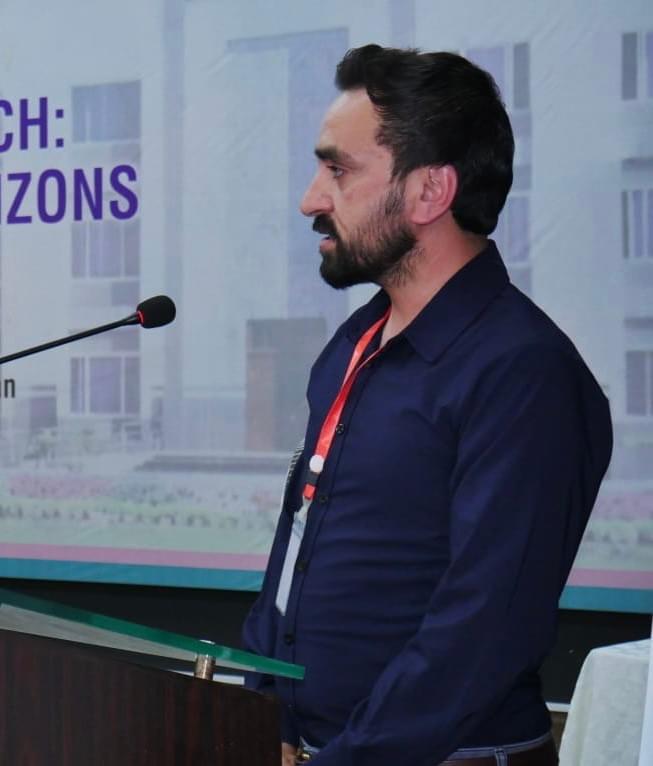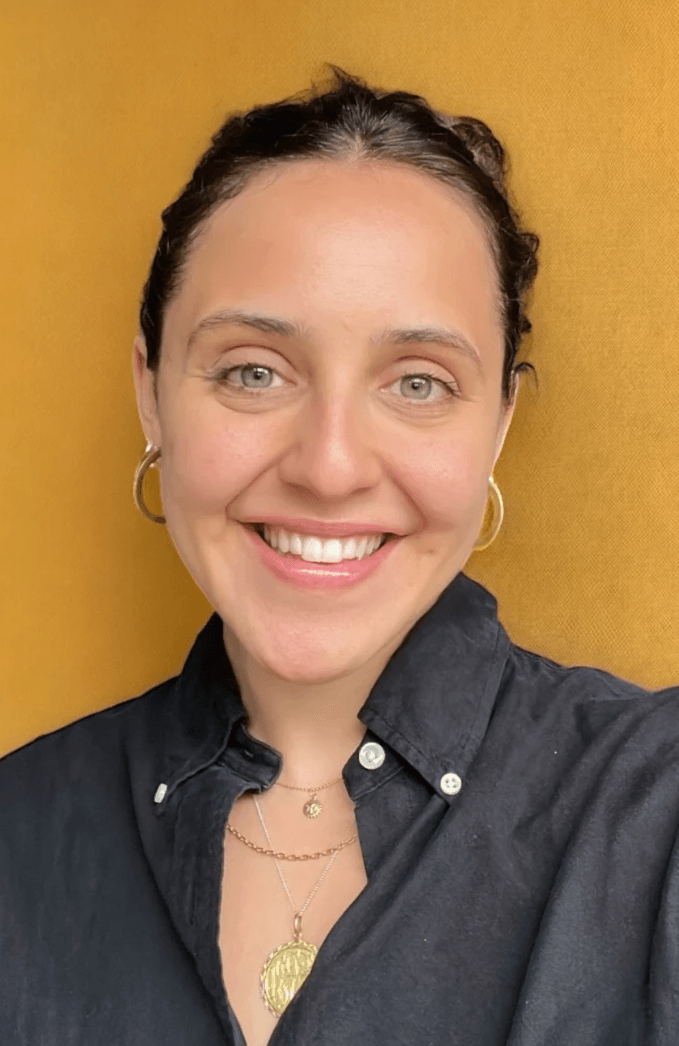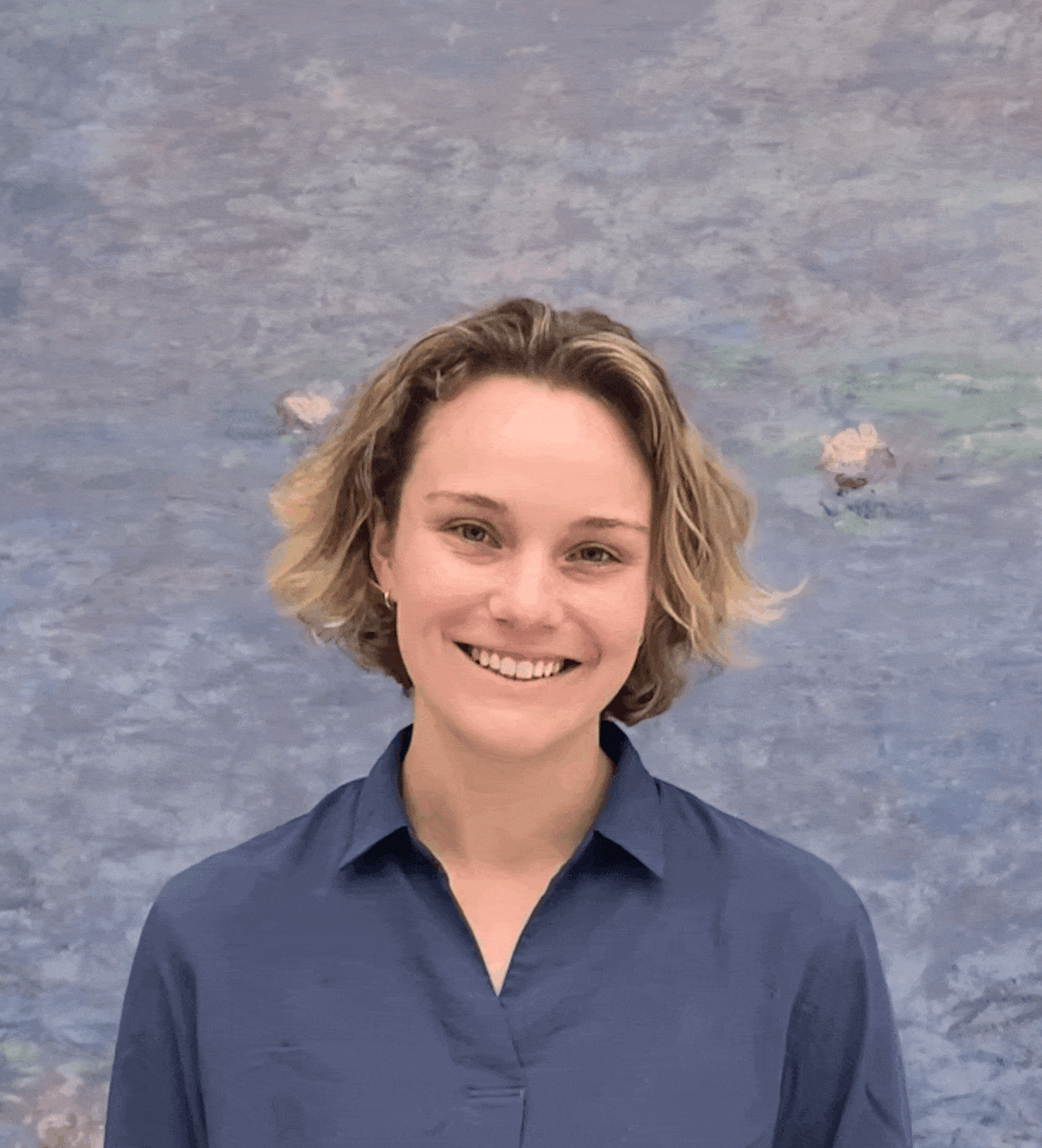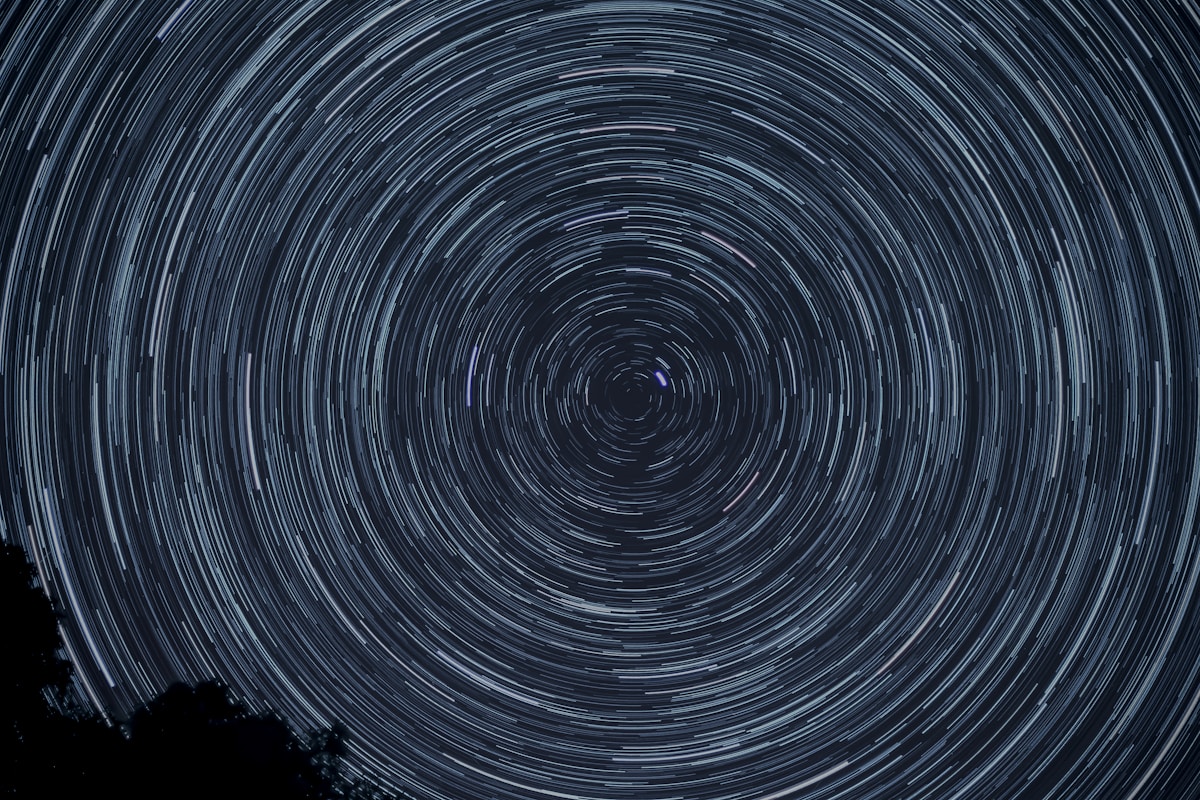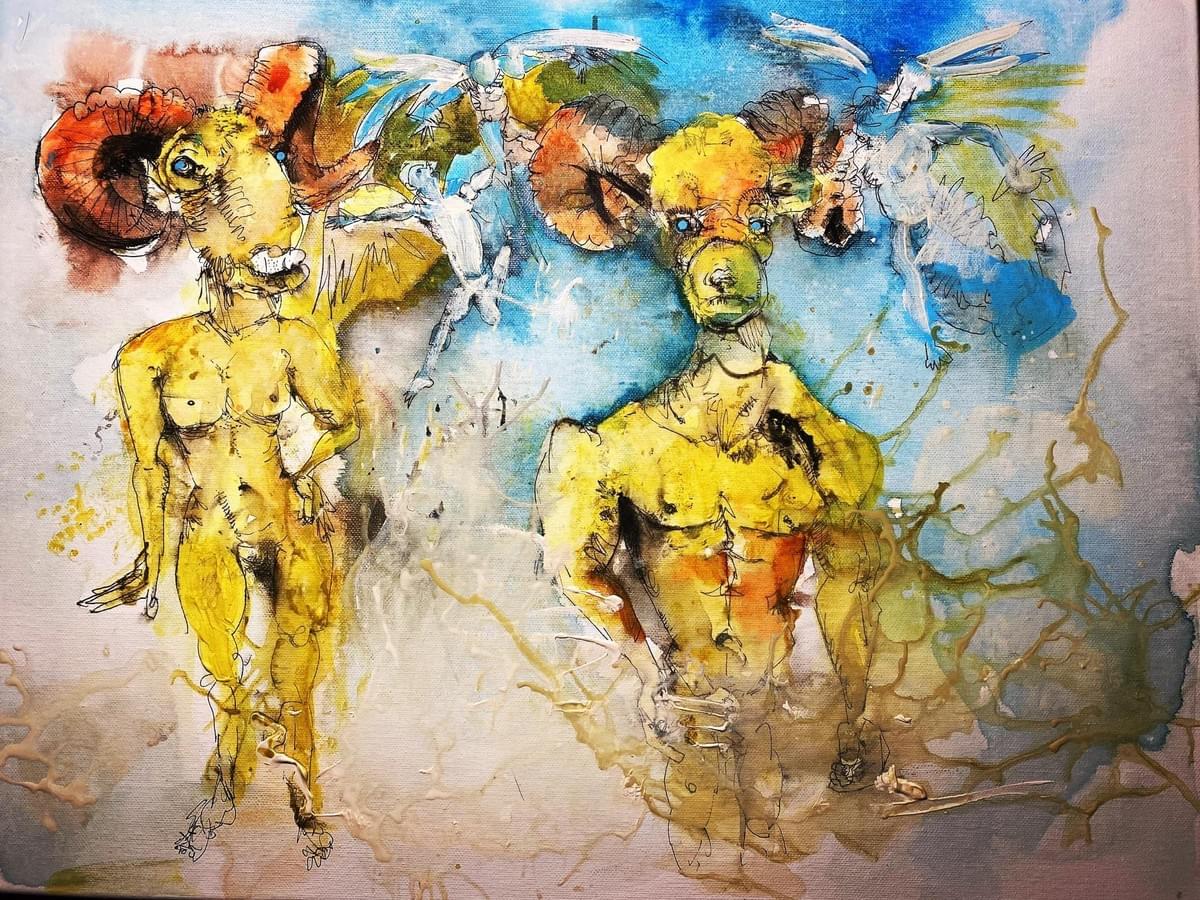

Planetary Health Histories: Developing Concepts
This historical research project aims to explain the conceptual development of the new planetary health, the principal means of assessing impacts of climate change and global environmental degradation on human health.
Using a novel combination of history of science and medicine, Indigenous studies, environmental history, and international history, this research is expected to show how environmental health and disease ecology have been re-framed and scaled up in the past century to address the effects of global warming. The project will examine critically this intellectual formation, exploring its potential in global health and revealing its blind spots and
omissions, especially in relation to Indigenous knowledge and structural inequalities.
Funded by the Australian Research Council (DP220100624)
Project team
Recent articles and commentaries
News
Activities & events involving project team members
August 2025
Berlin: Health Beyond Medicine
Warwick Anderson will participate in the 2025 biennial conference of the European Association for the History of Medicine and Health (EAHMH) conference convened in Berlin by Prof. Dora Vargha. Medicine on a Larger Scale: Global Histories of Social Medicine will also be launched at EAHMH.
June 2025
10th HOMSEA Conference, Yogyakarta
The next biennial History of Medicine in Southeast Asia (HOMSEA) meeting will be held at Gadjah Mada University, Yogyakarta, 24-27 June 2025, with project researchers and affiliates attending. Medicine on a Larger Scale: Global Histories of Social Medicine, edited by Warwick together with Prof. Ann Kveim Lie and Prof. Jeremy Greene, will be launched at the conference. It includes the chapter 'Settler colonial social medicine and community health: Australasian adaptations, reinventions, and denials,' by Warwick Anderson, James Dunk and Connie Musolino.
April 2025
Advancing Science Communication for Planetary Health
Prof Sonja Van Wichelen (School of Social and Political Sciences, University of Sydney), will convene a special two-day event for Indonesian and Australian science writers, with Warwick Anderson leading a session exploring the historical and conceptual context of planetary health.
March 2025
Conceptualising Planetary Health: Decentring or Re-embedding the Human
Jakelin Troy together with Danielle Celermajer will convene a multi-disciplinary workshop exploring the place of humans within the conceptual framework of planetary health. Keynotes delivered by Prof. Anne Poelina (Chair of Indigenous Knowledges and Senior Research Fellow, Nulungu Research Institute) and A. Prof Nicole Redvers (Director of Indigenous Planetary Health and Western Research Chair at the Schulich School of Medicine & Dentistry, Western University).
February 2025
Talanoa: Languages of Planetary Health
In conjunction with the Oceania Planetary Health Forum, project researchers will convene a workshop on Yanuca Island, Fiji, exploring the semantic range and complimentary vocabularies used for concepts of land, Earth, and wellbeing.
January 2025
Bioethics for the Planet
Following our Prato workshop, project researchers and affiliates will co-edit a special issue of the Journal of Bioethical Inquiry entitled Bioethics for the Planet. Editors: Warwick Anderson (Sydney, Paul Komesaroff (Monash), Cristina Richie (Edinburgh), Jakelin Troy (Sydney), and Ross Upshur (Toronto).
November 2024
Sverker Sörlin in Sydney
Project PI Sverker Sörlin will lead a series of events in Sydney and Canberra themed around planetary governance and the environmental humanities and social sciences.
October 2024
Imagining Planetary Health: Rachel Carson Centre
James Dunk will present at an intensive workshop hosted by the Rachel Carson Centre – one of the first high-profile humanities meetings focusing on planetary health.
July 2024
Planetary Health Ethics: In Search of a New Paradigm
Investigators will convene a three-day workshop in Prato, Italy, looking to develop a new paradigm for a planetary bioethics.
All history is history of the present, Adelaide
James Dunk, together with Dr Lilian Pearce (Centre for the Study of the Inland, La Trobe) and Associate Professor Ruth Morgan (Centre for Environmental History, ANU) is convening the workshop All history is history of the present: The craft of environmental history now. The project is co-sponsoring the workshop. More information, and link to the EOI form here.
4S Conference, Amsterdam
Warwick Anderson will participate in the 2024 quadrennial joint meeting of the European Association for the Study of Science and Technology (EASST) and the Society for Social Studies of Science (4S).
April 2024
Planetary Health, Ethics, Justice, and Indigenous Knowledges
Warwick Anderson and James Dunk, together with Danielle Celerjmajer (Sydney Environment Institute) will host a roundtable with distinguished visiting scholar Jonathan Patz, on the theme Ecological Justice, Bioethics, Indigenous Knowledges, and Planetary Health. Jakelin Troy will give a brief presentation during the meeting, which the project is sponsoring.
September 2023
European Association of the History of Medicine and Health, Oslo
Warwick Anderson and James Dunk will present at EAHMH in Oslo, 30 August - 2 September.
The Global Governance and Geopolitics of Environmental and Planetary Health - a Conversation
Warwick Anderson, Jakelin Troy and James Dunk will take part in a conversation about planetary health and global governance led by Sverker Sörlin for the KTH Environmnetal Humanities Lab. 5 September, 12.30pm. Register by email.
KTH Environmental Humanities Lab
James Dunk, Environ/mental: Planetary Mental Health and the Ecological Self, 7 September, 12-1.30pm. Register here.
August 2023
European Society of Environmental History, Bern
Warwick Anderson, Sverker Sörlin and James Dunk will participate in the ESEH conference in Bern, Switzerland.
Environmental Humanities, National University of Singapore
James Dunk has been invited to speak to the environmental humanities group at NTU on the theme 'Person/Planet: Towards a Planetary Mental Health'
July–August 2023
Project Meetings in Bern, Switzerland and Melbourne, Australia
Investigators will meet to discuss project aims and plan a calendar of individual projects and events across the project duration, 2023–25.
May 2023
Warwick Anderson wins the John Desmond Bernal Prize
The prize is awarded annually by the Society for Social Studies of Science (4S) to an individual who has made distinguished contributions to the field of STS. Past winners have included founders of the field, along with outstanding scholars who have devoted their careers to the understanding of the social dimensions of science and technology. Read more.
Affiliated projects and centres
Study of the Planetary Human-Environment Relationship (SPHERE)
SPHERE–Study of the Planetary Human-Environment Relationship—is a European Research Council-funded project based at KTH Royal Institute of Technology in Stockholm, Sweden. SPHERE is a historical study of a comprehensive and complex governance issue in the contemporary world: humanity’s relation to planetary conditions and constraints.
The Pacific Circle
The Pacific Circle supports and promotes research and exchanges in the history of science, medicine, and other practices of knowledge in the Asia-Pacific. It takes knowledge to encompass a cross-cultural diversity of beliefs about the workings of the universe and the command of a myriad of techniques applied to investigations and manipulations of worldly phenomena.
Sydney Centre for Healthy Societies
Researchers at the Sydney Centre for Healthy Societies harness social science and humanities expertise to understand and transform how health and social life intersect on our changing planet. Working across scales of observation from the microbial to the planetary, the Centre highlights how historical context, political arrangements, economic structures, enduring inequalities, and interspecies and environmental relations both produce health problems and might map paths to new solutions.
Ecological Emotion Research Lab
Led by Paul Rhodes and James Dunk at the University of Sydney, the Ecological Emotions Research Lab explores new methods for engaging with ecological distress, grief, anxiety, and other forms of ecological emotion – particularly in community settings.
Australasian Science and Technology Studies Network
AusSTS is a network of researchers in science and technology studies (STS) in
Australasia. It hosts social, professional, and academic events to create a community in STS across Australia and Aotearoa New Zealand. AusSTS has local nodes in Melbourne, Sydney, Darwin, and Wellington.Australian and New Zealand Society of the History of Medicine
The Australian and New Zealand Society of the History of Medicine exists to promote the academic study of the history of health sciences within the Australia-Pacific. Membership is open to anyone with an interest in the history of health and illness.
Charles Perkins Centre
The Charles Perkins Centre is a large multidisciplinary research centre committed to improving global health. Based at the University of Sydney, its unique, complex-systems approach allows it to bring together researchers in unexpected research collaborations across four domains: biology; populations; society and environment; and solutions.
New Earth Histories research program
New Earth Histories brings the history of geosciences and the history of select world cosmologies together. Led by Professor Alison Bashford and Dr JarrodH ore (UNSW), it aims to produce a fresh and cosmopolitan history of environmental sciences, analysing the significance of geological time and multiple cosmologies for global modernity itself.
Affiliated researchers
Professor of Medicine, Monash University
Paul's work spans a wide range of disciplines, encompassing clinical practice, laboratory, clinical and social science research and ethics. The latter addresses the impact of new technologies on health and society, consent in research, the experience of illness, end of life issues, psychological effects of trauma, the impact of artificial intelligence, and cross-cultural teaching and learning. His international work covers reconciliation and healing after conflict and social crisis, the nature and impact of foreign aid, and capacity building in global health.
Professor of Anthropology and Sociology, University of Sydney
Sonja's research takes place on the cross-disciplinary node of law, life, and science in a globalizing world. Her interests include postcolonial science studies, legal anthropology, and the sociology of globalization. A common thread throughout her work is seeing how "things" are made to circulate across borders and the role of institutions and publics in brokering these flows. She currently focuses on the postcolonial politics of bioscience governance in Southeast Asia, especially Indonesia. Planetary health has become a central inquiry in her thinking about the stakes of global science governance and diplomacy within an era of ecological destruction and enduring global inequalities. Good science journalism and science communication are key to interrogating these stakes and to advancing critical conversations around science, society, and sustainability beyond global north contexts.

